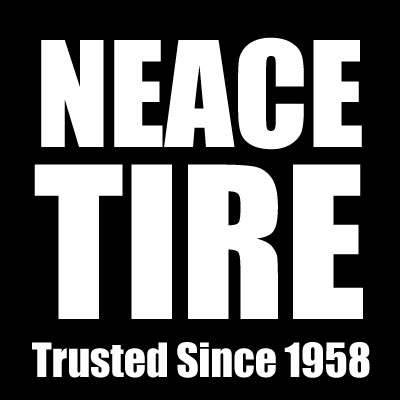How to Help Your New Tires Last Longer.

Here’s more info on how to get more miles out of your tires, and what you should expect
Q: How can I help my tires last longer?
A:
1. Check your tire pressure regularly: Underinflated and overinflated tires can put unnecessary wear and tear on your tires. Check your tires’ pressure at least once a month and keep it between the manufacturer’s recommended levels.
2. Rotate your tires regularly: It is recommended that you rotate your tires every 6,000 to 8,000 miles to prevent uneven wear.
3. Maintain your alignment and suspension: Make sure your alignment and suspension are in good condition. If not, it can cause the tires to wear out faster.
4. Avoid fast accelerations and hard braking: Hard braking and aggressive accelerations will put extra stress on your tires and cause them to wear out faster.
Q: When should I replace my tires?
A: It depends on the type of tire, how often it is used, how much it is driven and how it is cared for. Generally, all-season tires should be replaced after 5 to 10 years and high-performance tires should be replaced after 3 to 5 years.
Q: How many miles should my tires last?
A: The answer to this question depends on the quality of your tires, the conditions under which they are used, and the driving style of the person responsible for the vehicle. Generally speaking, tires should last between 20,000 and 40,000 miles, but this depends on all of the factors mentioned previously. We sell new tires with mileage estimates of up to 80,000.
Q: Do new tires come with mileage warranties?
A: No, tire manufacturers typically do not offer mileage warranties on tires. We do sell tires that come with mileage road-hazard warranties, covering damage that is no fault of your own. Tire warranties typically cover defects in the materials and workmanship of the tire, and not the tire’s performance or longevity.
Q: Are tires rated for a certain number of miles?
A: No, tires are not typically rated for a certain number of miles. However, the manufacturer may provide an estimate of the expected life of the tire depending on its use.

